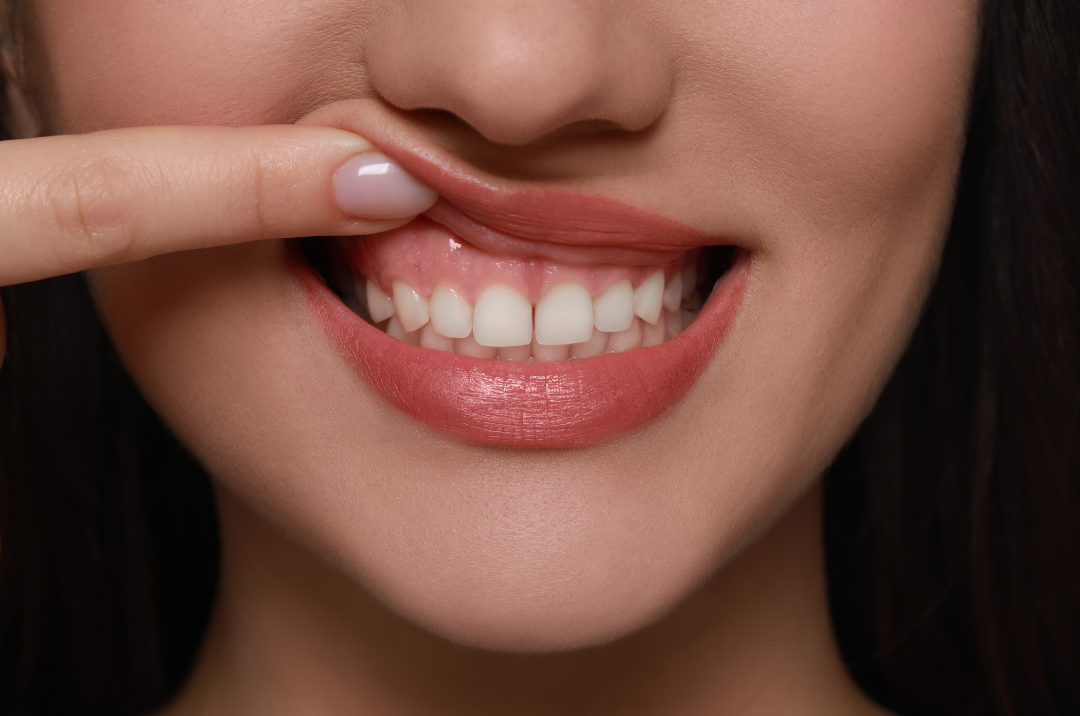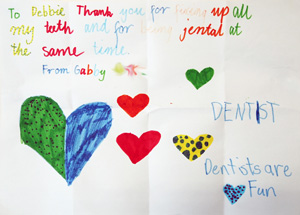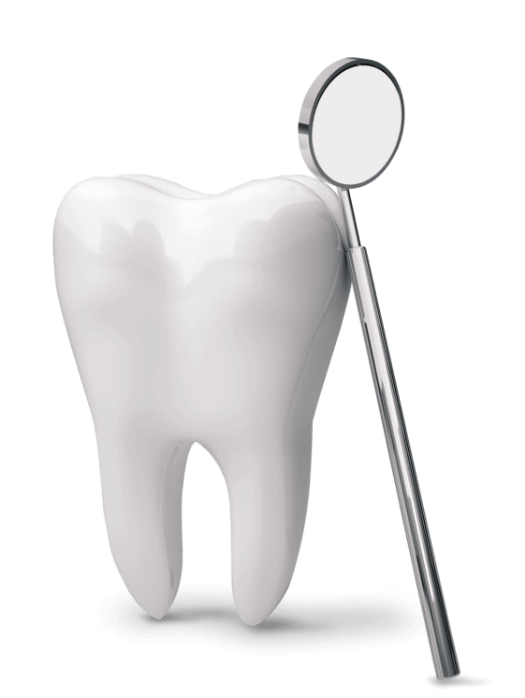
How we help children feel in control at Today's Dentistry
In this blog entry Dr Darryl Marsh writes… Make sure you inform your dentist or hygienist if you are (or there is a chance you are) pregnant. This will allow us to plan your treatment around these considerations.
It is important to take care of dental problems such as cavities and plaque build up early in the pregnancy as bacteria from the mouth can cross the placenta and have been found in the amniotic fluid. This means that any infections and problems the mother has can affect the healthy development of the baby. We recommend an examination before you get pregnant or as soon as you know you are pregnant if you are not on a regular 6 monthly appointment schedule.
There are two main reasons that good dental care is important during pregnancy:
Reason number one: You want to try to minimise any infections commonly associated with emergency dental treatment during pregnancy because of the inconvenience… and
Reason number two: To avoid any antibiotics or dental surgery that may have a negative effect on your baby or to yourself.
Remember the bacteria in the baby’s mouth largely come from the mother. If mum has bacteria that cause tooth cavities or gum infection, these are problems she will pass on to the baby

During periods of morning sickness during pregnancy, the increased acidity from reflux or vomiting can cause decay and weaken the enamel on your teeth.
Usually, that’s not a major consideration unless you have prolonged morning sickness or if you have got multiple fillings or weak areas anyway. The acid could be the thing that pushes it over the edge, and given that it something you can’t prevent it is best to do what you can to minimise the damage.
A home remedy that can help is rinsing with a teaspoon of bi-carbonate of soda in water when you get up in the morning – it is alkaline so neutralises the acids after meals or any morning sickness.
There is the old wives tale about losing a tooth for every child. I am often asked if teeth get less calcium due to being pregnant or is there damage to calcium in the mother when breastfeeding?
The answer is ‘No’, once the teeth are formed the body doesn’t use the teeth as a reservoir of calcium. So the teeth are formed – the only way that a mineral is lost is from a topical event, such as vomiting, reflux or decay. The old adage of “I lost a tooth for every baby” usually has more to do with Periodontal Disease during pregnancy, not loss of calcium.
Even though your baby will not ‘steal’ the calcium for your teeth, your calcium needs are greater so make sure you maintain a healthy diet with dairy and other calcium rich foods.
It is not uncommon for pregnant women to experience bleeding or tender gums during pregnancy. Hormonal changes can cause sensitivity of the gums but this can easily progress to pregnancy gingivitis.
Bleeding gums can largely be prevented by maintaining a strict oral hygiene regime of brushing, flossing and mouth rinsing. If the bleeding continues, you experience gum swelling or bad breath then I would recommend having a professional scale and clean performed by your hygienist or dentist.
Women undergoing fertility treatments or IVF can be at a greater risk for gingivitis or gum disease. Research has found that women who used ovulation-inducing medications for more than three menstrual cycles had higher levels of gum inflammation and bleeding than women not on the drugs. This is presumably due to increased levels of progesterone and oestrogen in these drugs. If you are undergoing any fertility treatment it is best to be as healthy as possible and this includes your dental health so I would recommend visiting your dentist before beginning any treatment to ensure optimal dental health.
If you are thinking about starting a family or have any questions about dental matters during your pregnancy, then contact us or ‘Ask a Dentist‘ online.
Keep Smiling!



almost luxurious experience.
I highly recommend this dentist, especially if you suffer with anxiety or a fear of dentistry."

Your first visit at Today’s Dentistry is all about creating a Dental Roadmap so you know exactly what condition your teeth and gums are in, and what your options are for treatment.
Your first appointment includes: